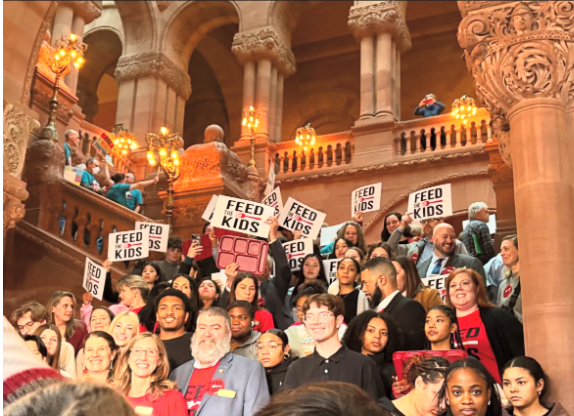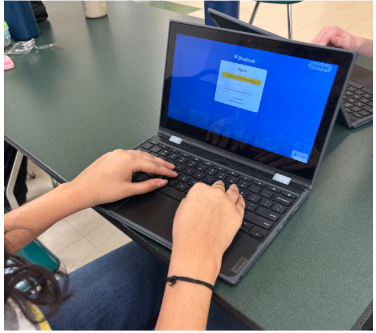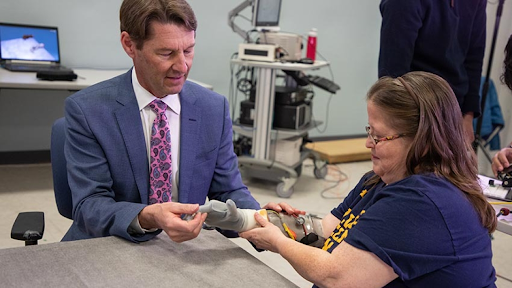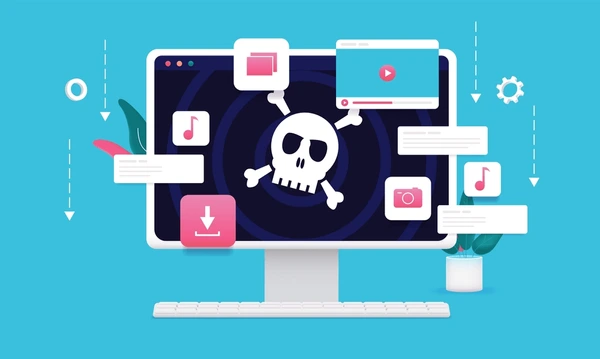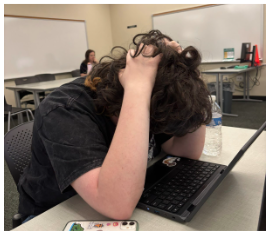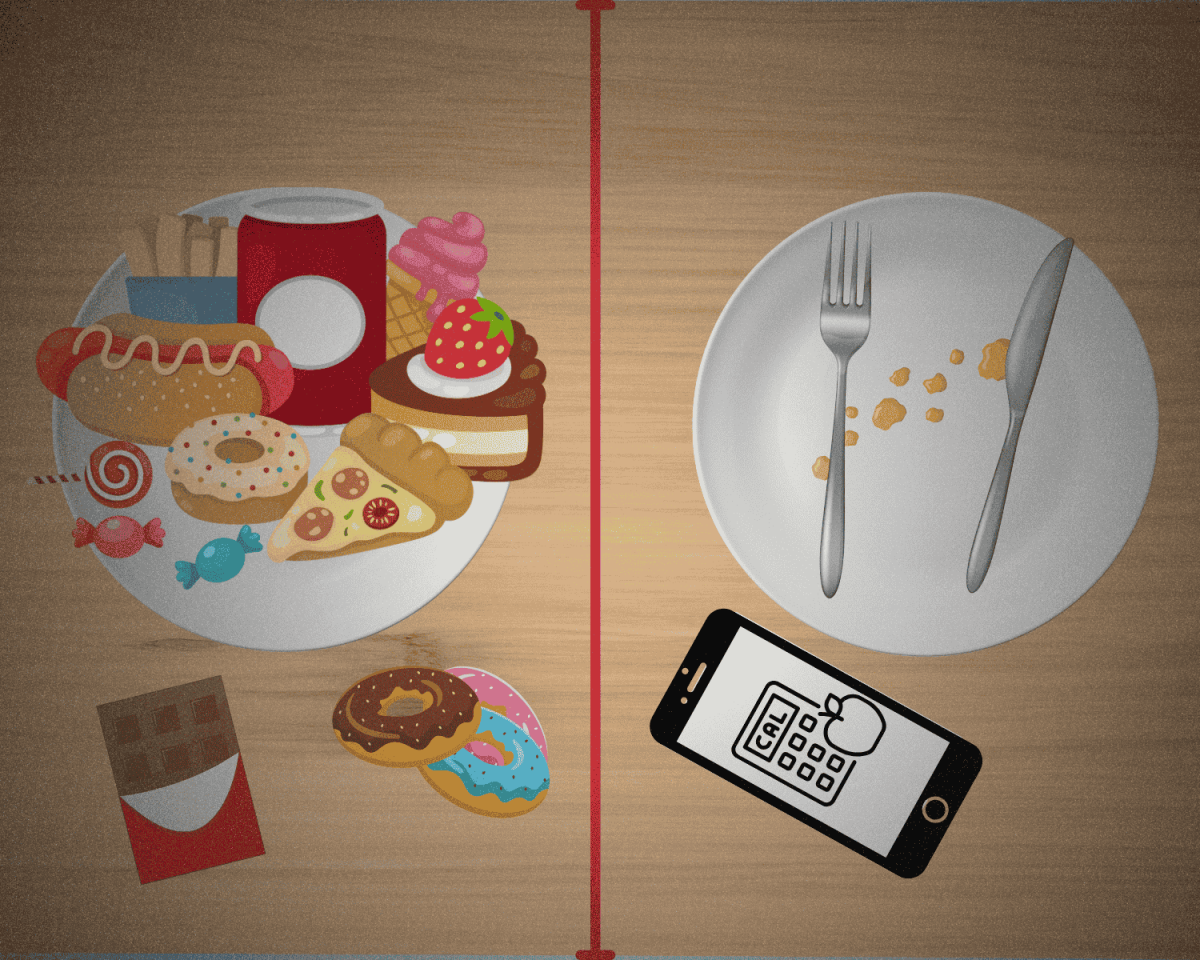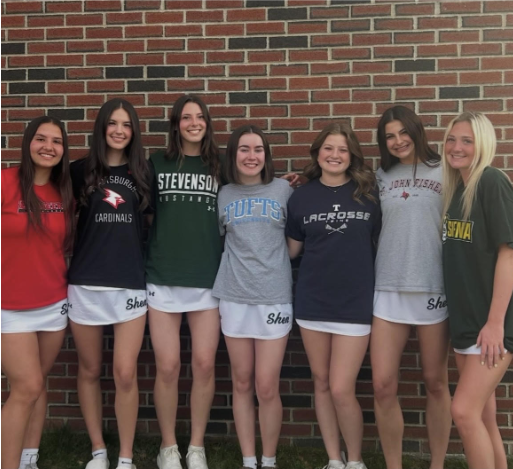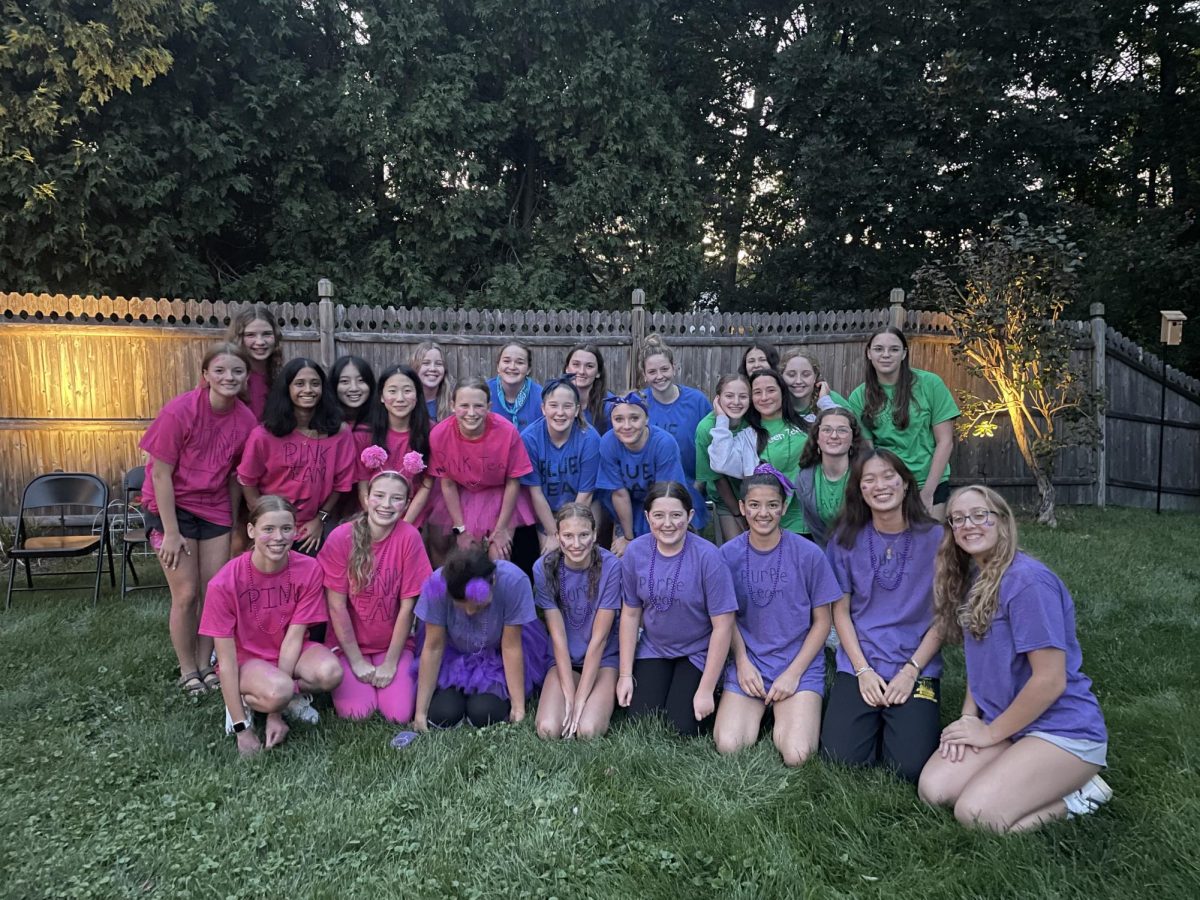Should all parents pay school taxes?
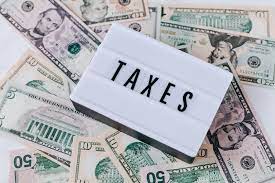
March 28, 2023
Even though I was homeschooled with my siblings, between first through eighth grade, my parents still had to pay taxes to fund the local public school. If they were not sending any of my siblings there at the time, they should not have had to. Because they are the ones paying for their child’s education, parents should be able to put their money in a school, public or private of their choosing. Parents are the ones whose taxes or funding is going to the schools.
Edchoice says one of the biggest questions that decision makers have when it comes to school funding is whether the money set aside to educate children should follow them to the people and places that educate them, no matter if that’s in their district, outside their district, in a private setting, online or at home. This is something that should happen and that could benefit many parents or taxpayers.
The Virginia Gazette says that the American Federation for Children released a National School Choice Poll stating that 12,000 likely November 2022 voters showed that 65% of voters support school choice. This shows how many think school choice is the better choice.
On the other hand, Public Schools Review says school vouchers take money away from the public school system. Budgets currently are so tight in many school districts across the country, additional cuts could seriously undermine the value of public education today.
Other critics such as Proncon say that tax dollars are used for the education of all children, not the private religious education of only a few students. They say public schools are required by law to offer a range of free services to students needing extra or enhanced instruction, special services or equipment, as well as other educational accommodations. The private schools do not have those same requirements.
Still other critics like US NEWS, may also say that research shows voucher-like school choice policies often face a number of constraints. School choice policies are made based on the assumption that parents will have enough information to make an informed decision on what school, public or private, to send their children. They will say the majority of school districts do not give families robust school quality information partially because the quality of a school can be difficult to measure or portray clearly to parents and students.
However, Edchoice says researchers have conducted fifty-two analyses on the fiscal effects of private school choice programs. Forty-seven of these studies found these programs generated overall fiscal savings for taxpayers; four have found programs were cost-neutral; and one has found a Louisiana program for students with exceptional special needs generated net costs.
US NEWS also states that many advocates of school choice support portability as a way for families to access schooling options that would not otherwise be available to them. This would give low income families a fair chance at giving their children a better education than they may currently be receiving.
Many advocates of school choice support portability as a way for families to access schooling options that would not otherwise be available to them. The Pilgrims came to this country in sixteen-twenty because they wanted the ability to choose how they practiced their religion. Many immigrants left their own countries for America because they wanted the right to choose.
Because the ability to choose has been the foundation of our country since the time of the Pilgrims, present day parents should continue to carry on that tradition by having the right to send their children to a school of their choice.
